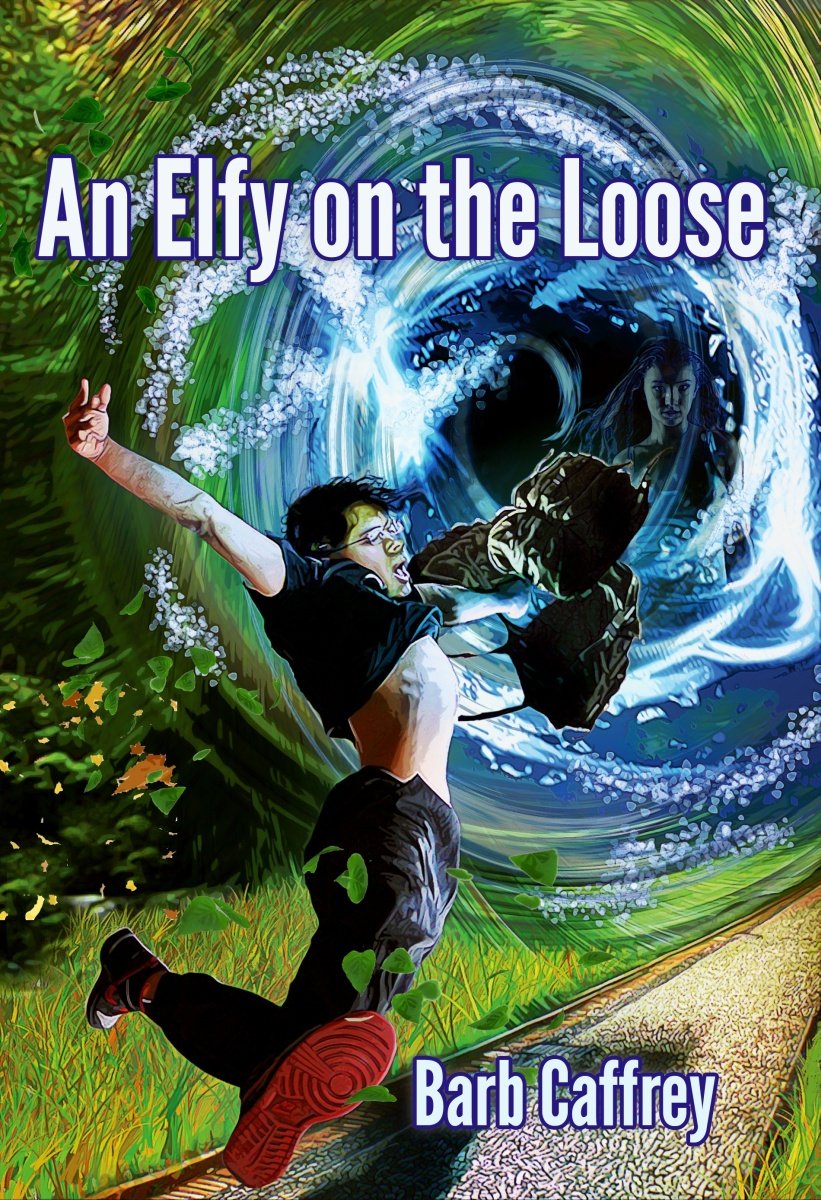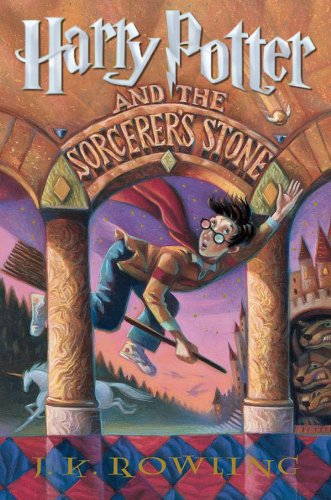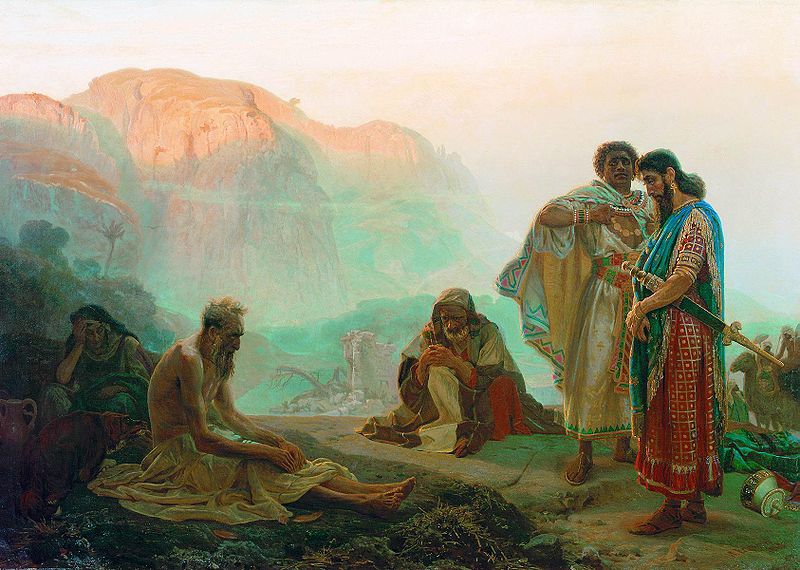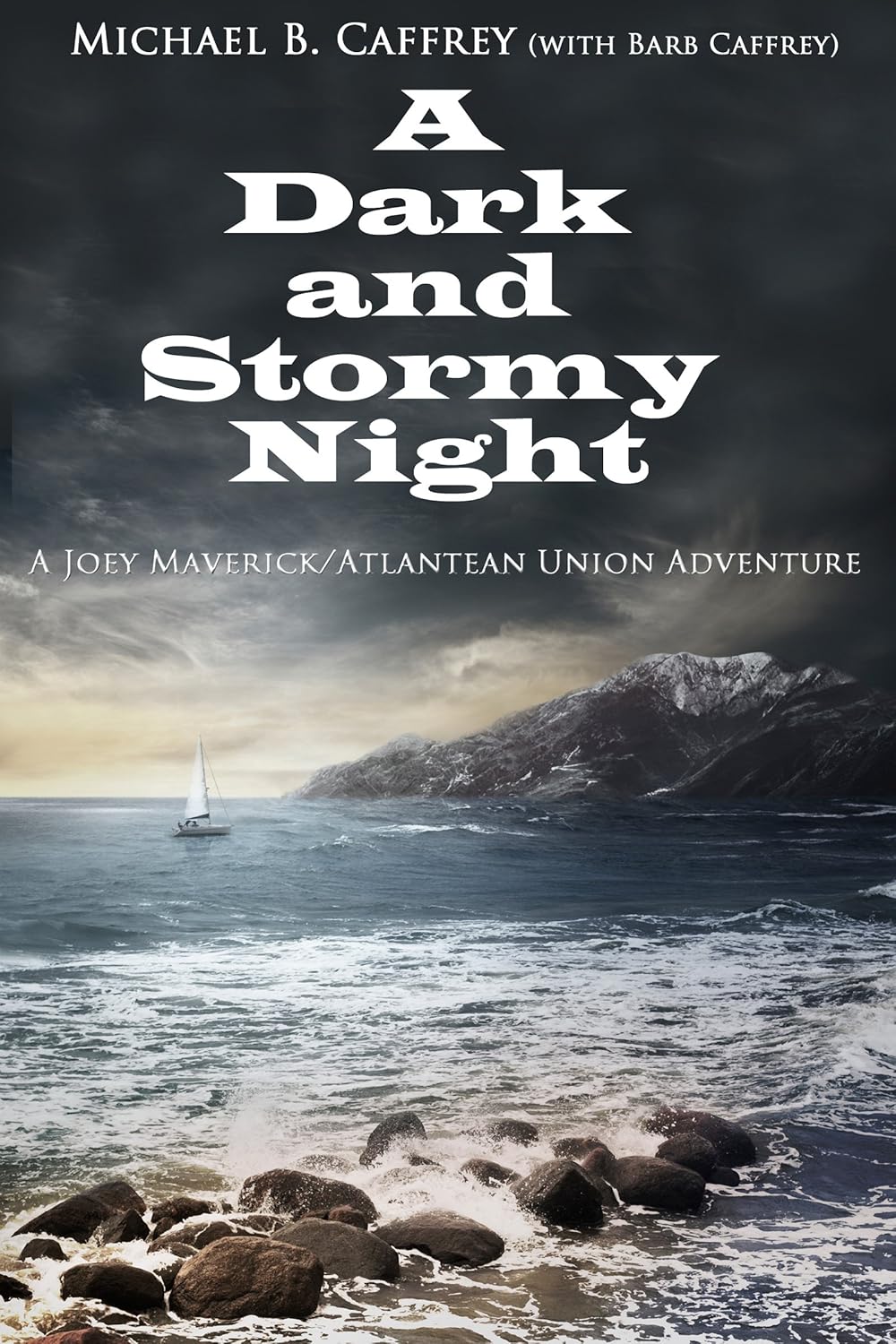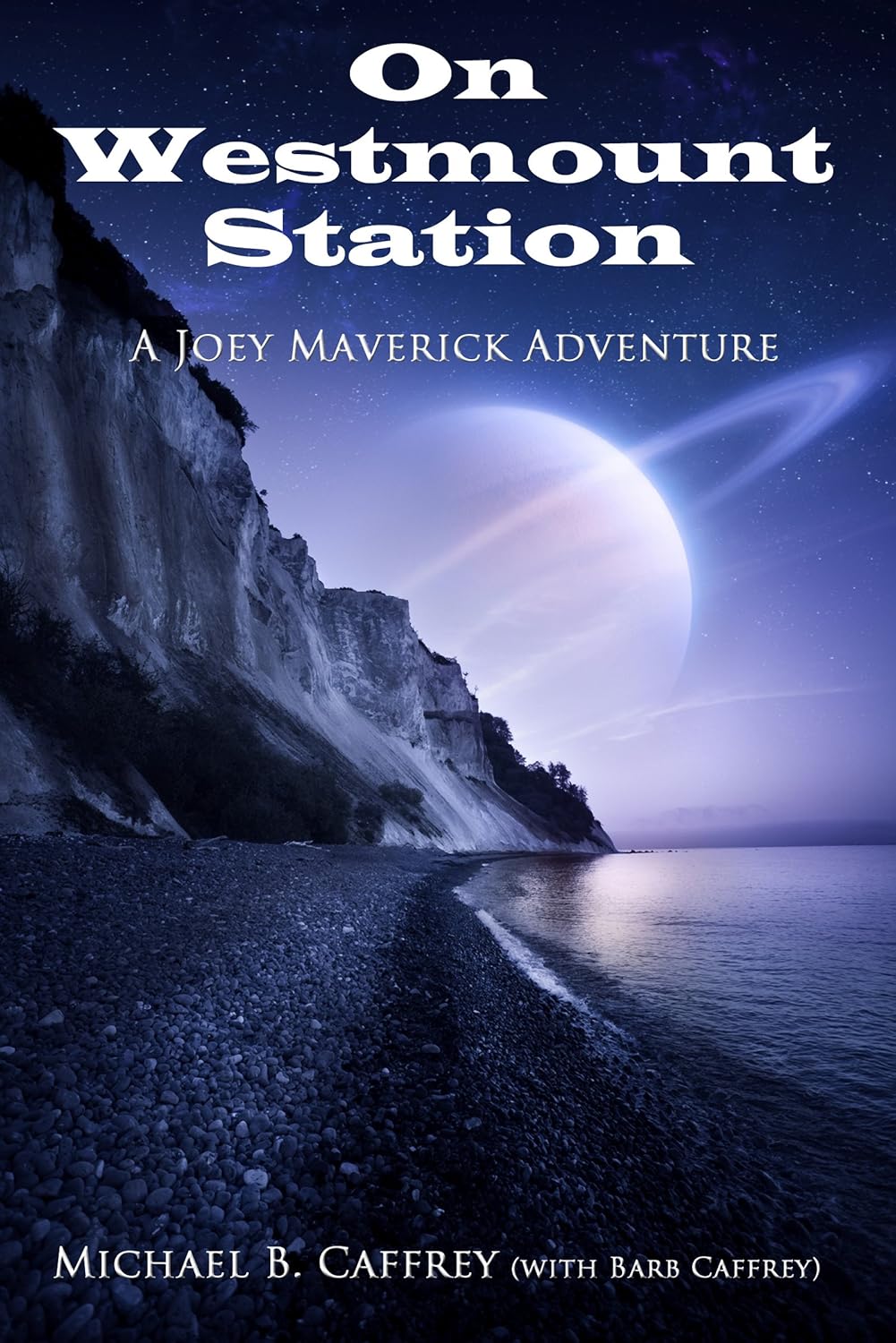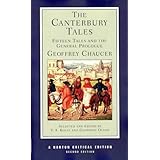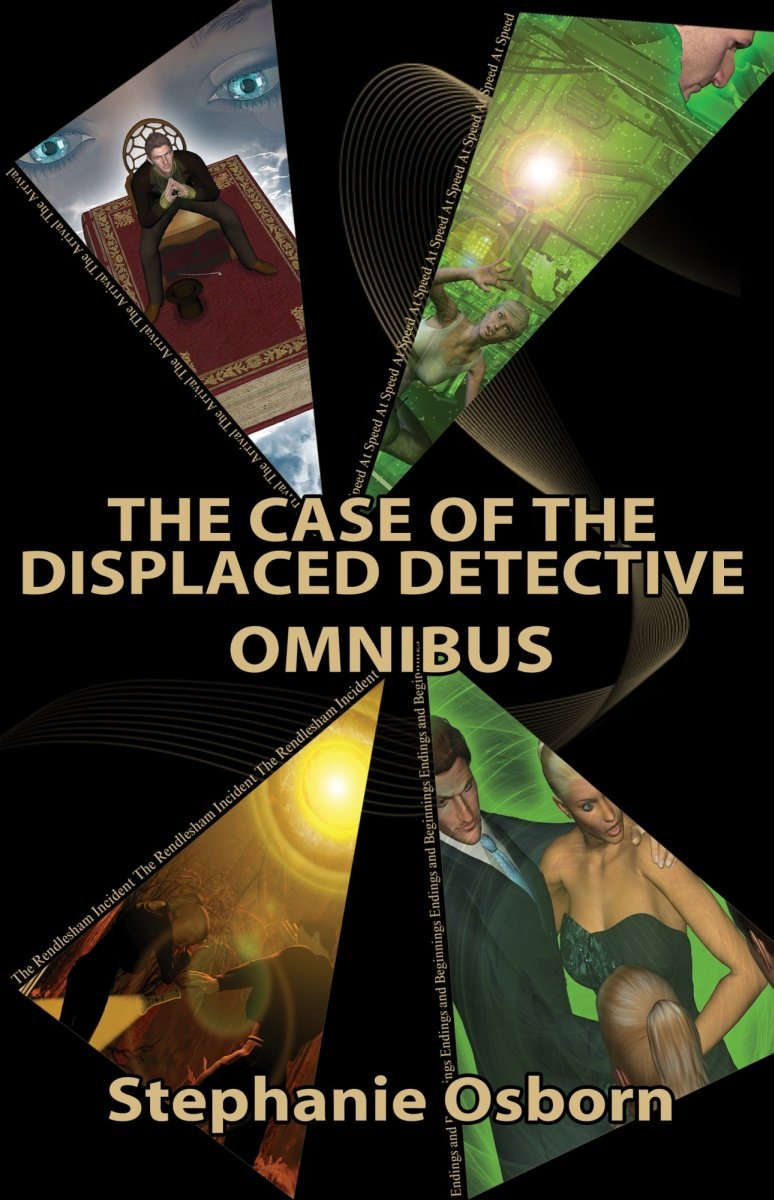http://www.stephanie-osborn.com
With Thanksgiving behind us and Christmas, Hanukkah, and Kwanzaa approaching fast, here's Barb Caffrey to tell us more about An Elfy On The Loose!
~~~
The Importance of Ghosts in AN ELFY ON THE LOOSE
By Barb Caffrey
When Stephanie Osborn and Aaron Paul Lazar approached me regarding holiday guest blog opportunities, I wasn't sure what to say. What haven't I talked about yet with regards to my comic young adult urban fantasy/romance novel AN ELFY ON THE LOOSE?
And then it hit me. Ghosts. I haven't talked about them, and they play an important part in the ELFY duology (AN ELFY ON THE LOOSE is book one, with book two scheduled to come out in April of 2015).
"But Barb," you protest. "Your book sounds like it has so much going on as it is. It's a comedy. It's a romance. It's a mystery. It's an urban fantasy. It has alternate universes—" (I wrote a blog about this for Stephanie a while back, and it's a good one.) "And now, it has ghosts, too? How do they fit in?"
Yes, AN ELFY ON THE LOOSE has ghosts. Specifically, there's a ghost character named Egbert who takes an inordinate amount of interest in my hero Bruno the Elfy and his romantic companion Sarah (formerly known as Daisy). And it's partly because of Egbert the ghost that Bruno and Sarah have a chance to win the day.
But he's not the only ghost in play. (Nope; that would be too easy!) There are other ghosts alluded to in AN ELFY ON THE LOOSE, including Bruno's parents and possibly a few of Sarah's relatives…and they all matter.
You see, Bruno can communicate with the dead. (Me being me, I called him a Mage of Communication, the shorthand for that being—you guessed it—a Communicator.) And that's why these ghosts can help him out…or at least interfere in his life.
The reason this intrigued me initially is simple: Bruno had no idea he could communicate with the dead before he came to our version of Earth. He also had no idea that he was an Adept of an unusual kind, that his powers were both formidable and dangerous, and that he had many enemies—nor did he understand that the aircar accident that had badly injured him and killed his parents had been engineered by a high-ranking member of the Elfy High Council in his home Elfy Realm…someone who has some rather unusual ties to Egbert.
So here he is; a short, magical Elfy in the Human Realm (otherwise known as our Earth). He doesn't know what's happened to him. He doesn't even know why he's there. But he meets Sarah, he's immediately drawn to her— and she to him—his teacher Roberto the Wise tries to rescue him (with disastrous results), Sarah hides Bruno, a Dark Elf shows up…
And then we meet Egbert. We don't know why he's there, either, as he doesn't identify himself right away. But we know he's friendly, we know he has taken an interest for some reason in both Bruno and Sarah, we know he understands the Elfy Realm (even if we don't know why), and we know that he, too, has power. So he can, indeed, affect the outcome—years after his own death—and he can help Bruno figure out exactly why Bruno is in the Human Realm at all.
Now that I think about it, there are some few parallels between Egbert and Charles Dickens' character The Ghost of Christmas Past. Like Dickens' ghost, Egbert knows what happened in the past. And he wants a better outcome for the living…while they still have time.
Granted, my characters Bruno and Sarah are being threatened by a Dark Elf, a being inimical to Elfys and humans, not their own past as is Ebenezer Scrooge. Bruno in particular is under immediate threat due to Sarah's parents' hostility toward all Elfys. And there's a reason Egbert cares about these two—a pressing, compelling reason that I refuse to spoil.
But there are parallels nonetheless, because in AN ELFY ON THE LOOSE (as in Dickens' A CHRISTMAS CAROL), ghosts matter. Only a few remain able to make their wills be known and their wishes understood, but those few continue to be important and influential.
In our world, of course, the only way a person can matter after his or her death is in our memories. Or, if you believe in the positive Afterlife, perhaps our deceased loved ones can do something there that helps us out in some way we'll never understand until we rejoin them.
But in my conception, ghosts—at least some of them, like Egbert—can still do things to bring about positive change. That creates more drama, more suspense, more surprises…and sometimes, more laughs as well. Because in AN ELFY ON THE LOOSE, some people are so irrepressible that even death itself cannot keep them down.
In conclusion, if you've been looking for a magical, heartwarming, suspenseful, romantic, and riotously funny story—with ghosts—that's like no other this Christmas season, look no further.
Because AN ELFY ON THE LOOSE is here.
~~~
BARB CAFFREY is a writer, editor and musician from the Midwest. She is the author of the humorous urban fantasy/romance AN ELFY ON THE LOOSE, and is the co-author of the Adventures of Joey Maverick series (with late husband Michael B. Caffrey). Other stories have appeared in HOW BEER SAVED THE WORLD, STARS OF DARKOVER, and BEDLAM'S EDGE. Barb is a huge baseball fan (Go, Brewers!), reviews books at Shiny Book Review, follows politics, is mystified by the Maury show, and wonders when her little dog will ever stop doing "the paw trick." Find her at Elfyverse, Facebook, or Twitter.
Folks, I'm responsible for seeing to it that Barb connected with my publisher to get An Elfy On The Loose into print -- I can say without doubt it is a fun romp! Go have a look, and seriously consider it for a holiday gift for friends, family -- and yourself!
-Stephanie Osborn
http://www.stephanie-osborn.com

